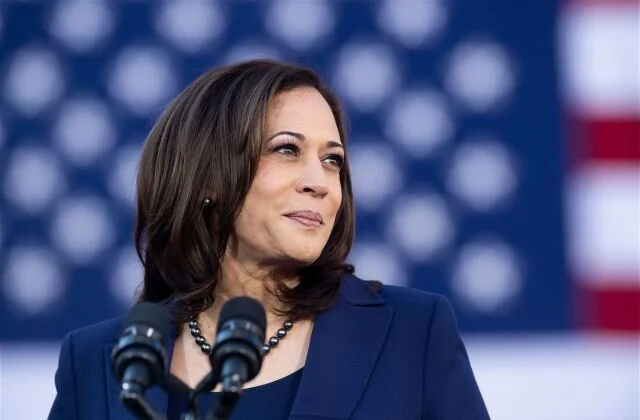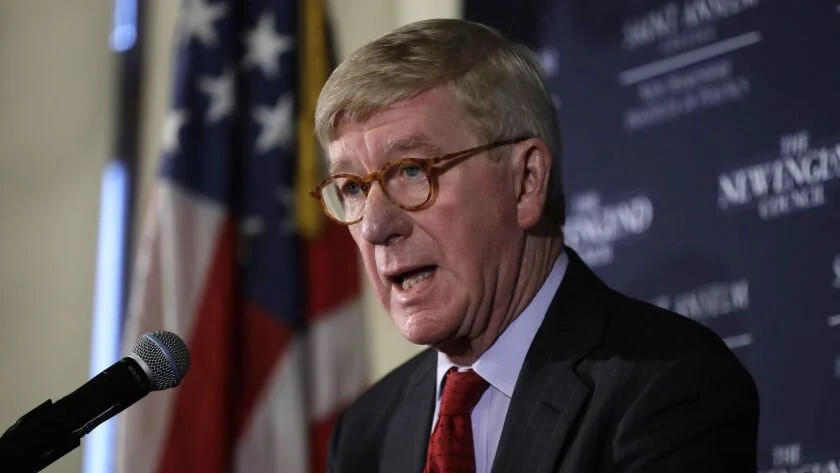2020 Presidential Candidates on Education
Hello everyone! As we start getting back into the swing of the new school year I thought it’d be a good time to look ahead to an important event happening next year. You guessed it! The 2020 presidential election. As candidates begin to reveal their platforms, I think it’s important to consider a less flashy topic that often goes uncovered in the media or even unspoken by the candidates themselves, education. For that reason, I have taken it upon myself to research and summarize the stances that our leading candidates have towards public education, specifically K-12 (I will be omitting specifics on higher level education). Without further ado, ladies and gentlemen, your candidates for the 2020 presidential election:
Joe Biden
Joe Biden has made it clear that he intends to even out the inequality in education. He has outlined a detailed policy proposal that would include tripling the federal spending on public schools and districts serving low income kids. He would also move towards establishing a universal prekindergarten, increasing teachers’ salaries, and making AP classes available at more schools. He supports grants to increase the diversity in schools. He has not directly addressed the role of charter schools in the educational system, an area of controversy.
Elizabeth Warren
Like Biden, Elizabeth Warren intends to create a universal preschool program. She also is adamant on preserving Head Start, a program of the Department of Health and Human Services that provides early childhood education, nutrition, and parent involvement services to low-income families. She intends to support healthier school lunch programs. Although she has expressed general interest in investing in public education, she has not yet disclosed specific plans as of now. She has extensive ideas on reforming student loans but, as mentioned previously, we will only be addressing K-12 issues.
Bernie Sanders
Bernie Sanders has a long history of working to pass bills that would establish a universal preschool system. He has proposed the Thurgood Marshall Plan for education reform. This plan would ban new “for-profit” charter schools, combat racial and school segregation, provide equitable funding for schools, strengthen the Individuals with Disabilities Education Act, increase the salaries of teachers, provide universal school meals, and expand after school and summer programs.
Kamala Harris
Kamala Harris expresses interest in advocating for teachers and investing in public education. She states that she would increase teacher pay by $13,500. This represents a 23% increase in the average teacher’s salary. She also intends to boost teacher development by investing in colleges that produce predominantly black and Latino teachers. She hopes that this investment in the education of teachers would in turn result in the improvement of student learning. She is also a supporter of creating a universal preschool system.
Pete Buttigieg
Pete Buttigieg states that charter schools can serve some purpose in the educational system. He believes these schools can be used as “a laboratory for techniques that can be replicated,'' alluding to the idea that charter schools are free to innovate in the classroom which allows the public system to adopt practices that seem to work. He does express some concern that they can become a distraction from the investment in the quality of public schools. However, he notes he is neither for endorsing charter schools or fully condemning them.
Donald Trump
Donald Trump continues to express disapproval of the Common Core curriculum. He believes in giving local authorities the power to handle their own approach to education to uniquely suit their community’s needs. Trump is concerned that educational bureaucracies are hurting public education which is why he intends to cut down the power that the Department of Education has on a national level. He also believes that families should have the power to choose between public, private, home-school, or charter school options for their children. He states this will allow competition within the school system leading to better schools.
Joe Walsh
Like Trump, Joe Walsh argues that by supporting charter schools competition among schools will increase, leading to higher quality schools in the long run. He supports increasing the availability of charter schools to communities that can’t afford them. He voted yes on reauthorizing a program that funds non-profit organization that gives impoverished students in DC the opportunity to choose which school they attend despite the cost.
Bill Weld
Also like Trump, Bill Weld is against the use of national standards to regulate America’s educational curriculum. He believes that states should be allowed to institute a curriculum without the government forcing them to teach topics and ideas that they would rather omit. He is also a supporter of the charter school system. As the governor of Massachusetts, he signed the Education Reform Act into law which authorized the establishment of up to 25 charter schools in Massachusetts.
Currently, these are the short summaries of candidates’ ideas and perspectives on the public education system in America. Although trying to leave out my own personal bias, these types of articles are almost inevitably influenced by the writer’s own agenda, at least to some degree, which is why I would like to encourage you to do your own research and stay up to date on what our future leaders are saying, especially about public education. Thanks for reading and be sure to check in for more exciting news on what Project SCIFI has been up to!








